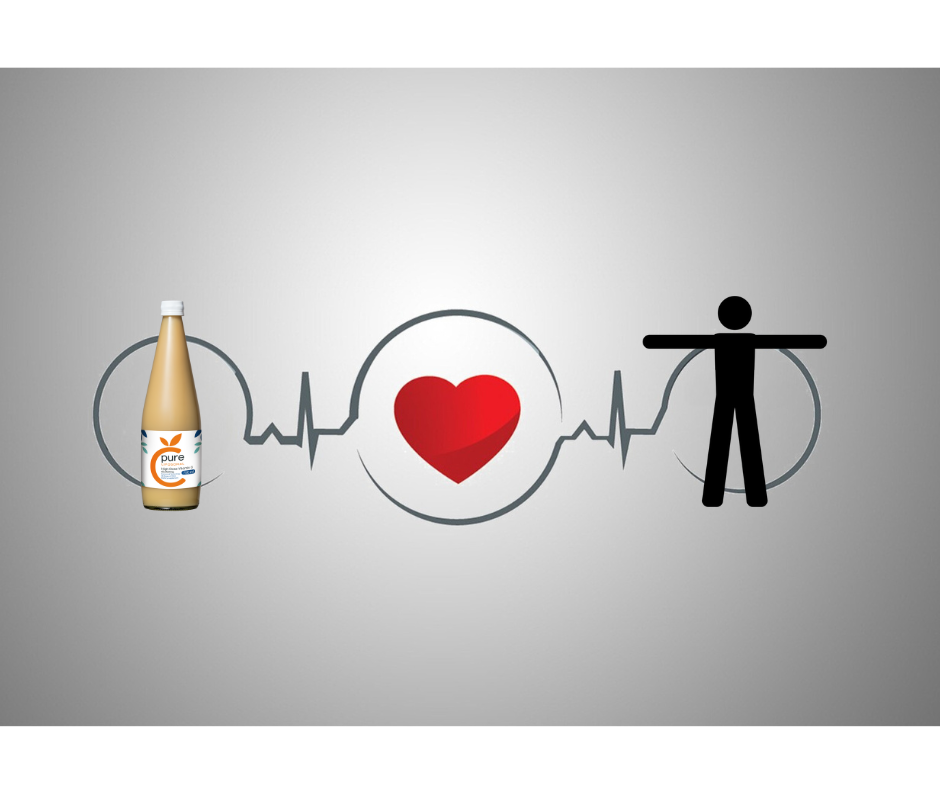
Vitamin C
What is Vitamin C?
Vitamin C, or ascorbic acid, is one of the 50 essential nutrients needed every day for optimal health.
Vitamin C is water-soluble, which means it is found in water-based body compartments, such as blood, in the spaces between and within cells. Because vitamin C is not fat-soluble, it does not reach fat tissue, such as fat cells, or the fat part of the membrane that makes up the body's cells.
Humans have lost the ability to produce their own vitamin C, unlike most other animals. Therefore, we must obtain it from our diet (or supplements).
Vitamin C is an essential cofactor in various biochemical reactions such as collagen and carnitine synthesis, gene expression regulation, immune support, neuropeptide production and more.
What does Vitamin C do?
In addition to being a cofactor in various biochemical reactions, vitamin C is a powerful antioxidant.
What is oxidation? Think of it this way. Oxidation is what happens to the heart of an apple when it is exposed to air, browned or when an iron nail is exposed to water and oxygen; rusts.
Oxidation of body structures such as proteins, fats, carbohydrates and even DNA, which is found in all tissues and organs, increases inflammation and the risk of chronic degenerative diseases. In the case of DNA, oxidation can cause mutations that increase the risk of cancer.
Vitamin C helps prevent this from happening. It protects you from dangerous compounds generated during normal metabolism. Vitamin C also protects you from free radicals from exposure to toxins and pollutants.
These toxins include first- or second-hand smoke, exposure, and the metabolism/degradation of recreational and prescription medications.
Other toxins include alcohol, air pollution, inflammation from trans fats, and diets high in sugar and refined carbohydrates. We are exposed to toxins produced by viruses, bacteria, and other pathogens that our immune system faces every day.
